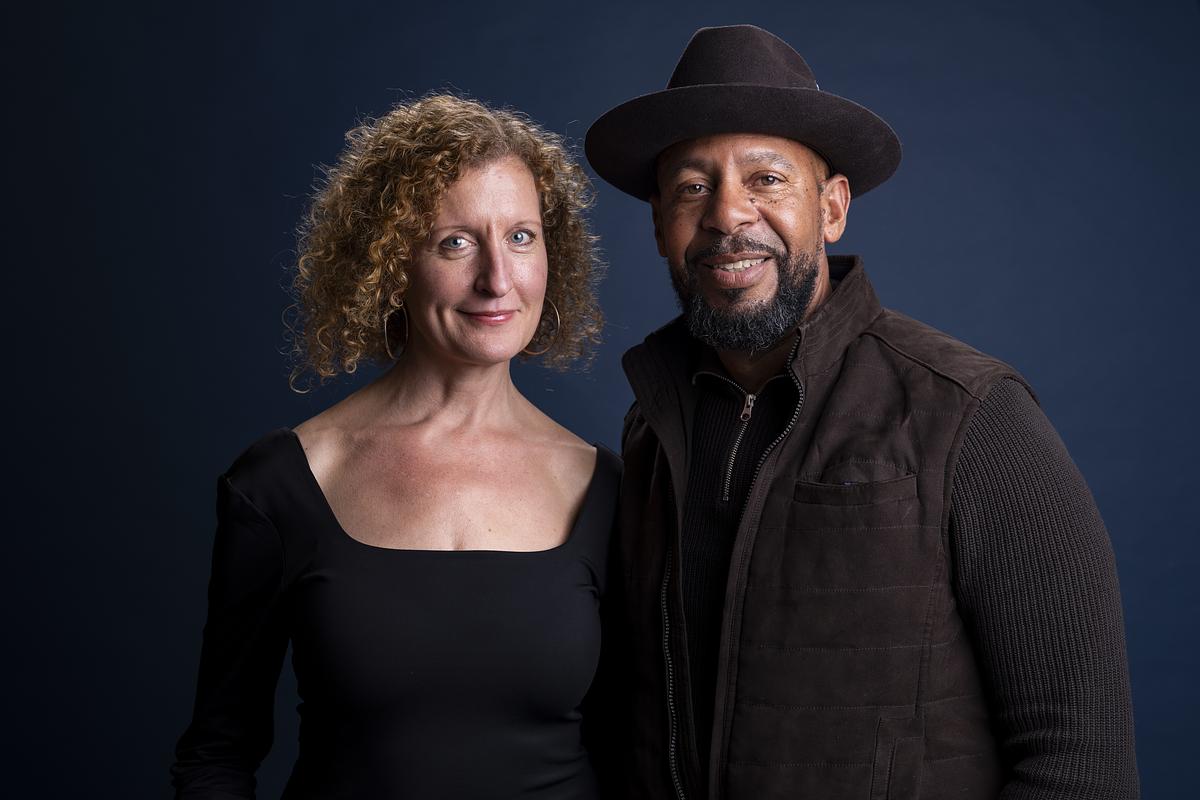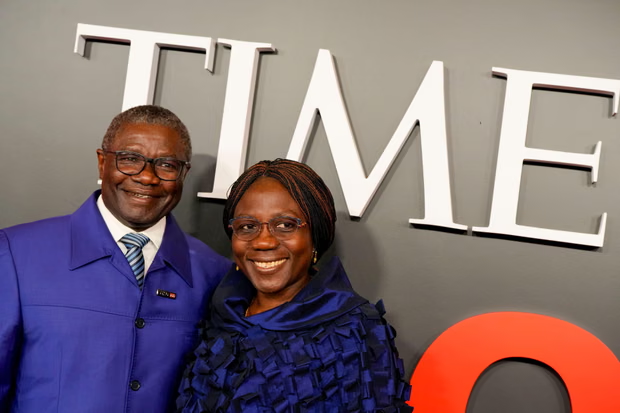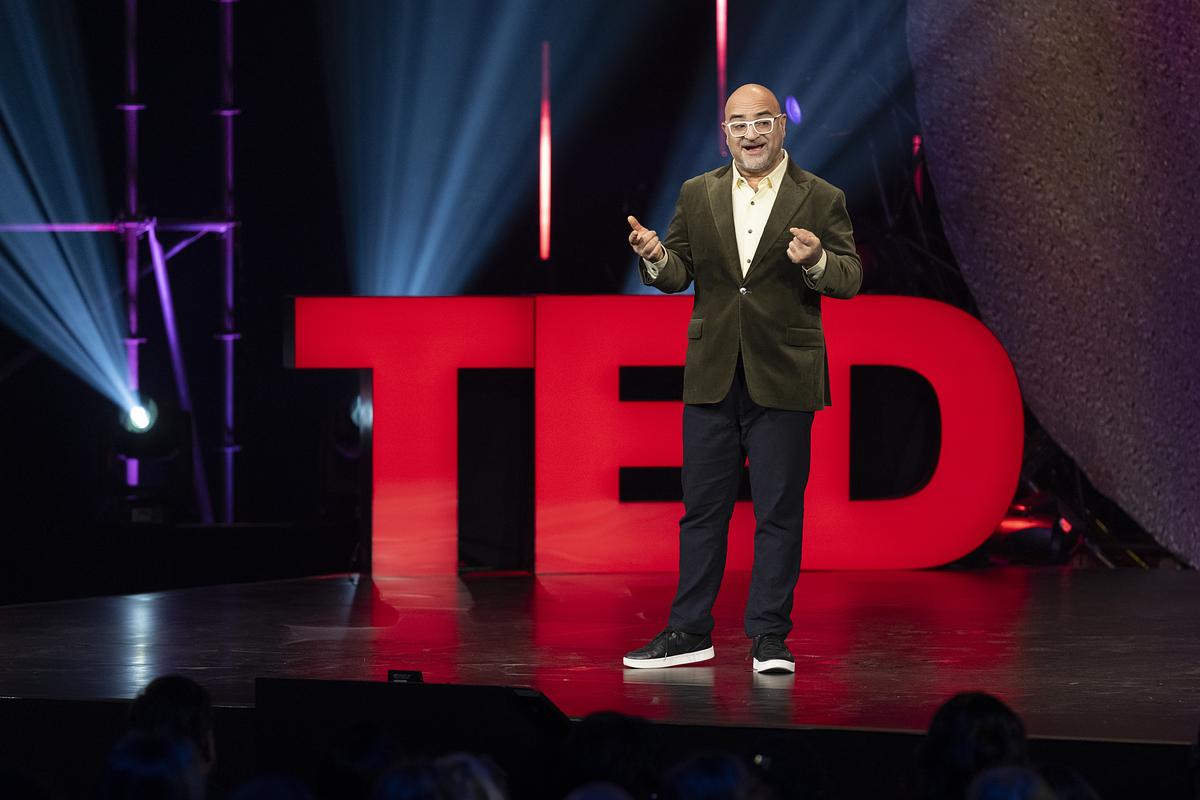Authors

Pardis is a Professor at Harvard University, the Harvard School of Public Health, the Broad Institute of Harvard and MIT, and a Howard Hughes Medical Institute Investigator. Her computational genomic lab has contributed to several fields, including human evolutionary biology, viral sequencing, information theory, rural disease surveillance, and education efforts in West Africa. Her team has contributed to responses to theoutbreaks of Lassa, Ebola, and Zika among others. Pardis completed her undergraduate degree at MIT, her graduate work at Oxford University as a Rhodes Scholar, and her medical degree, summa cum laude, from Harvard Medical School as a Soros Fellow. She was also honored as TIME Magazine’s 2014 “Person of the Year” as one of the Ebola fighters, and as one of TIME’s 100 Most Influential people in 2015.

Christian is Director of the World Bank-funded African Center of Excellence for Genomics of Infectious Diseases (ACEGID) and a Professor of Molecular Biology and Genomics, both at Redeemer’s University, Nigeria. He completed his postdoctoral training at Harvard University, and his research focuses on the genomics of infectious diseases. Christian diagnosed the first case of Ebola in Nigeria in 2014 and worked closely with Nigerian health authorities in the successful containment of the Ebola outbreak. Using cutting-edge approaches, he led an international consortium that discovered two new viruses (EKV-1 and EKV-2) in Ekpoma, Nigeria. His team sequenced the first genome of the SARS-Cov-2, causing COVID-19 in Africa within 72 hours of receiving the sample. His accolades include the Merle A. Sande Health Leadership Award, the Award of Excellence in Research from the Committee of Vice-Chancellors of Nigerian Universities; and the Human Genome Organization (HUGO) Africa Prize in 2019 for his seminal work on infectious diseases genomics in Africa.
Categories
Subscribe for updates
June 11, 2025
TIME
Sierra Leone Is Battling an Mpox Outbreak. What Happens Next Affects Us All
A dangerous mpox outbreak is unfolding in Sierra Leone. In just the first week of May, cases rose by 61%, and suspected cases surged by 71%. Roughly half of all confirmed mpox cases in Africa now come from this small West African nation. The virus is moving widely, across geographies, genders, and age groups.
And the virus is changing.
Genomic analysis has revealed a fast-moving new variant of mpox—called G.1—that likely emerged in late November. At first it circulated silently but has since taken hold and quickly began sustained human-to-human transmission. Cases have been doubling every two weeks. Estimates suggest more than 11,000 people in Sierra Leone may already be infected.






